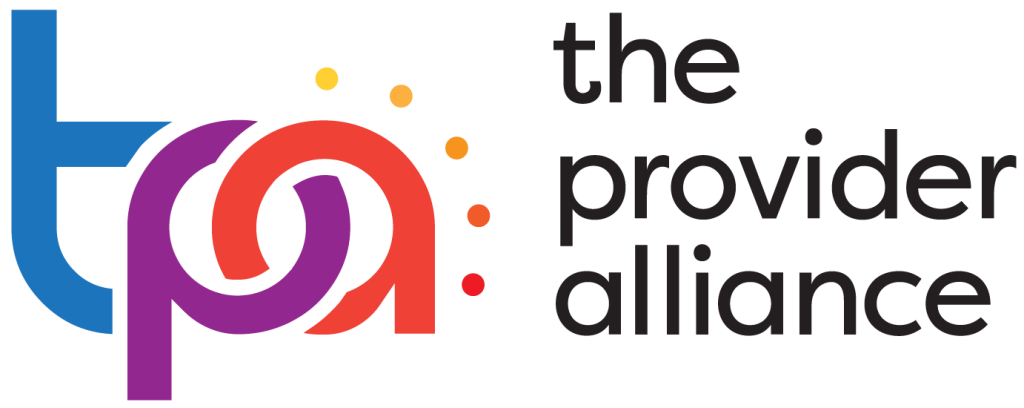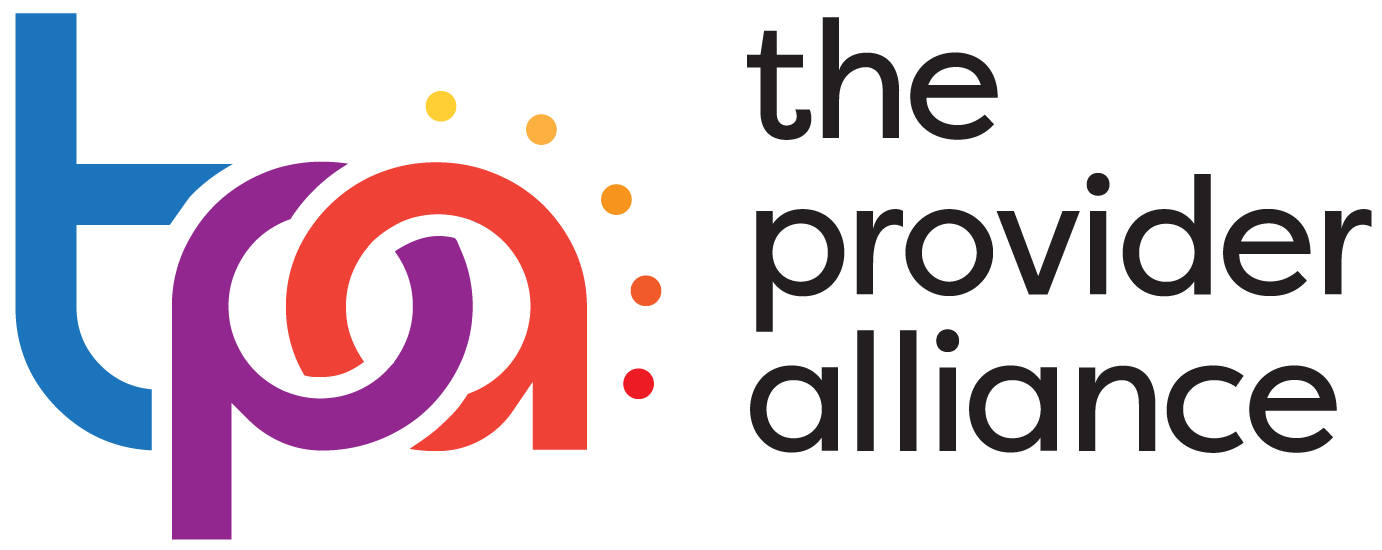In a recent hearing titled “Unlocking the Virtual Front Door: Ensuring Accessible Government Technology for People with Disabilities, Older Adults, and Veterans,” the Senate Aging Committee delved into critical issues surrounding technology accessibility. The hearing, led by Chair Bob Casey (D-PA) and Ranking Member Mike Braun (R-IN), highlighted the importance of making government technology accessible to all citizens.
Senator Casey began by acknowledging the 50th anniversary of the Rehabilitation Act Amendments of 1973. These amendments marked a significant step forward in prohibiting discrimination based on disability by the federal government and its contractors. They laid the foundation for the Americans with Disabilities Act and emphasized the importance of equal access to government programs and services.
The COVID-19 pandemic underscored the pivotal role of websites and apps in accessing government information and services. Section 508 of the Rehabilitation Act, which requires federal technology to be accessible to people with disabilities, came under scrutiny during the pandemic.
Senator Casey’s report, titled “Unlocking the Virtual Front Door,” identified accessibility issues in government technology. Bipartisan efforts in Congress led to some improvements, with the Veteran’s Administration and the Justice Department committing to enhancing technology accessibility.
The Department of Justice issued proposed rules to set website and technology accessibility standards for local and state governments. These proposed standards aim to ensure that individuals with disabilities can access information and services from state and local governments. Senator Casey commended this initiative and expressed hope that the public’s input would strengthen these rules.
Senator Casey also highlighted legislative efforts, such as the bipartisan Veterans Accessibility Act and a soon-to-be-released Federal Agency Accessibility Compliance Act.
Ranking Member Braun emphasized the increasing reliance on technology in society and the need to design technology with accessibility in mind. While Section 508 mandates federal electronic and information technology accessibility, he acknowledged that the federal government has faced criticism for not consistently complying, with 1 in 10 public-facing federal websites not being fully accessible to people with disabilities.

